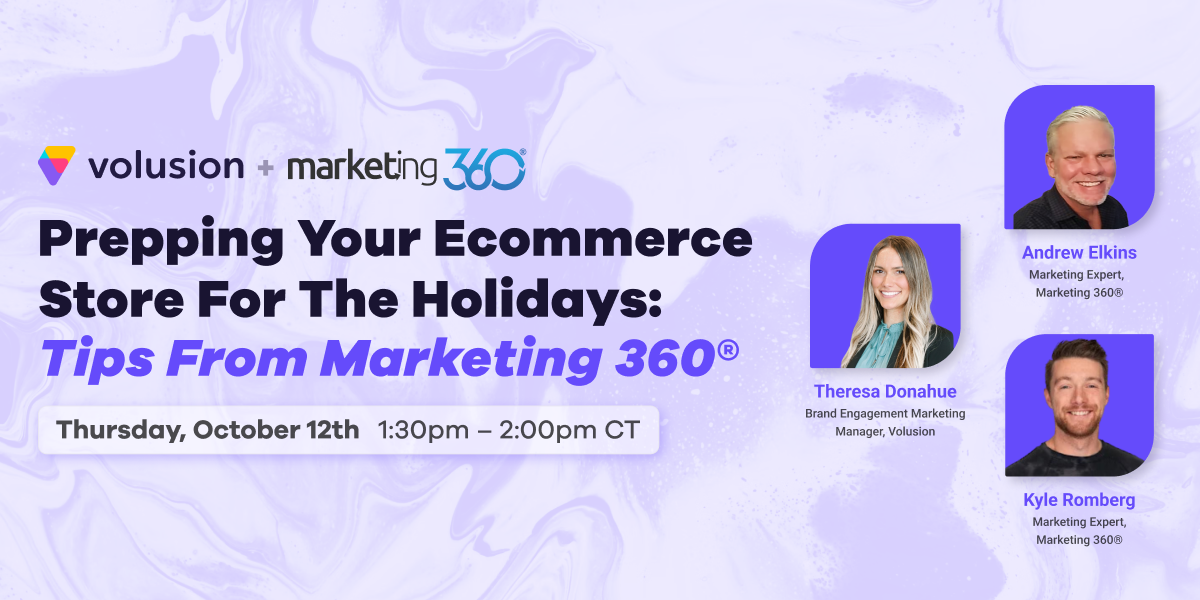
In case you missed it, on June 22, 2018, the Supreme Court ruled that states can now collect sales tax on web purchases made by any consumer from that state. This overturns its previous decision, in 1992, to forbid states from collecting a sales tax on shops that didn’t have a “physical presence” in that state. We’ve gotten a lot of questions lately about what this means for ecommerce, so we wanted to give you a walkthrough of what the new law means and how it might change things for your ecommerce business.
How Did The Internet Sales Tax Work Before?
Before we dive into how this is going to look for your ecommerce business, let’s briefly take a look at what happened and why. The previous law from 1992, sometimes referred to as the Quill law, stipulated that ecommerce stores only had to collect sales taxes in the states where they had a “nexus," or a physical location.
If they didn’t have a nexus in the state where the customer was making their purchase, the customer was supposed to pay a “use tax” on the purchase to their home state. The problem was, the merchant didn’t have to charge the use tax at the time of purchase (nor were they responsible for it at all, really); instead, every tax season the customer was responsible for tallying up all of their online purchases, reporting the total, and paying state taxes on it. Obviously, this didn’t happen very often. That means states were losing sales tax revenue to the tune of $33 billion annually.
How Does This Ruling Change Things?
If you Google the new sales tax ruling to try figuring out what the heck you’re supposed to do now, you’re probably going to run into some version of the phrase, “This levels the playing field for brick-and-mortars.” That was one of the lynchpin arguments in the ruling: under the Quill law, let’s say a customer lived in Texas, which charges a sales tax. That customer could choose between shopping at a brick-and-mortar and paying the tax, or shopping online at a business with no nexus in Texas.
So ecommerce stores have been viewed as having an unfair price advantage, outcompeting brick-and-mortars that have to charge a sales tax every time. That’s such an oversimplification of why someone would choose an ecommerce store over a brick-and-mortar that it borders on apples-to-more-convenient-oranges, but the bottom line is that someone wasn’t paying state sales taxes, and the new ruling rectifies that.
What it also does is make taxes a lot more complicated for ecommerce businesses. Moving forward, instead of having to calculate the tax rates for customers from your nexus state(s), you’ll be calculating the tax rates for up to 10,000 different jurisdictions. This might be manageable for large businesses with accounting teams, but it could be a logistical nightmare for smaller businesses.
When Will This Go Into Effect?
Here’s where things get murky. It already has gone into effect, but since laws will be changing on the state level, it’s up to each state to decide whether they’re going to take advantage of the ruling and update their internet tax laws. Some states may choose to move forward as soon as possible, some will wait or do more research on how their constituents feel, and at least five states—the ones that currently don’t charge a sales tax anyway—probably won’t be doing anything. That means the only thing we can do at this point is wait.
How Will The New Internet Tax Laws Impact My Business, Specifically?
First, given that things will vary state to state, we can’t know for sure until each state decides how they’re going to move forward. Let’s say every state that charges a sales tax takes advantage of the new tax law, and you end up having to charge each customer for their own individual sales tax. Is this going to tank your business? Probably not. Remember, you get to decide whether you’ll pay the tax on behalf of the customer or charge them for it—and customers expect to be charged sales tax, so making that decision wouldn’t be out of line.
It does technically mean you won’t be as price-competitive as you were before, but remember: price isn’t everything. People were never choosing ecommerce shopping for the price in the first place; they were choosing it for the convenience and the high degree of control over their shopping experience. Those things aren’t going away. And since every single ecommerce merchant is in the same tax boat, you won’t be competitively disadvantaged unless other shops decide to pay the tax for their customer instead of charging it. However, any shop that has the means to do that is probably already outcompeting you on price, since that money has to come from somewhere.
So financially, you’ll be fine. It’s the logistics of calculating all those different tax rates that pose the biggest risk to ecommerce merchants. But there’s hope! Decision-makers have started to notice this logistical burden and signs indicate that they may end up writing in a stipulation that the new laws only apply to businesses making $100,000+ in revenue annually (though there might be case-by-case variations to this number).
Are You Sure There’s Nothing I Can Do Now?
There are a few things you can do! You can make sure that your current taxes are in perfect compliance. If you haven’t set up automatic tax rates on your Volusion store yet, do that. This reduces logistical headaches in a major way, and we’re paying careful attention to legislative updates so that we can continue to provide automated tax calculations that work for everyone. We’d also recommend speaking to a sales tax specialist if you’re feeling concerned or if you have any further questions—they’ll be able to help you put a more detailed plan in place.
Another major thing you can do is tighten up your customer service now, before any of this starts rolling out. There might be glitches or some sort of learning curve, but most customers are forgiving as long as you attend to their needs as swiftly as possible and do everything you can do to make things right. Remember that many repeat shoppers make their decisions based on customer service alone.
Follow the news. You could even set an alert for “internet sales tax” or a similar term to keep you on top of any updates as they occur. We will also try to keep you as up-to-date as possible. We don’t know a lot either at this point, but we can pass along updates as they occur and help you interpret what they mean.
And finally, remember that you’re an entrepreneur. You’ve weathered bigger storms and faced more ambiguity than this, including the day you decided to start an ecommerce business in the first place, You’re capable of handling whatever comes, and we’ll be there to help you out.











